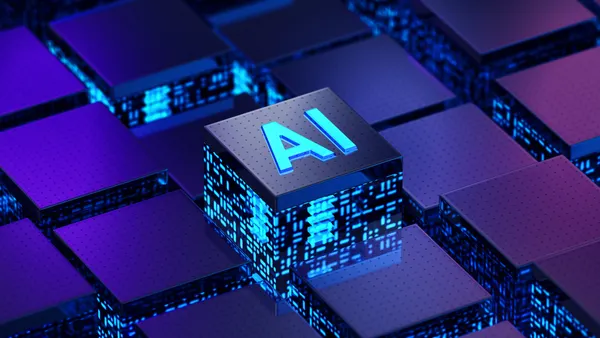Dive Brief:
- Microsoft is expanding its AI agent portfolio with a series of new services and products unveiled during the company’s Ignite 2024 conference Tuesday.
- The company upgraded Copilot Studio's knowledge sources and tuning capabilities to help customers improve agent responses. Autonomous agents within Copilot Studio are currently in public preview. New multimodal capabilities enable agents to interact via voice and image analysis among other enhancements.
- Microsoft also announced updated security measures to safeguard data and monitor usage. “Agents come with comprehensive enterprise data protection features to secure agents, along with other guardrails and controls including encryption, data loss prevention, and a responsible AI strategy to address risks like prompt injection,” Microsoft said.
Dive Insight:
The latest wave of vendor-led generative AI innovation centers around agentic AI, or autonomous capabilities that can work independently for the user or organization.
SAP, Salesforce, Slack, Meta and other vendors have started shifting their messaging away from highlighting AI assistants to focusing on the value of AI agents. Microsoft told customers last month to expect autonomous capabilities in Copilot Studio in November.
While analysts are still questioning the enterprise readiness of agent capabilities, businesses are engaged. More than 4 in 5 executives intend to integrate AI agents within the next three years, according to a July Capgemini survey.
Toyota Motor Corporation is among the early adopters of the technology. Microsoft said the company is building a system of generative AI agents, with around nine agents currently in use, that help store and share knowledge.
“When you introduce agents, it gets even more complicated,” Avivah Litan, distinguished VP analyst at Gartner, said at the firm's IT Symposium/Xpo last month. By 2028, the firm predicts around 1 in 4 enterprise breaches will be traced back to AI agent abuse, requiring businesses to invest in a mature security environment.
KPMG is among the enterprises experimenting with AI agents. In October, the consulting firm told CFO Dive projects have yet to enter production as the focus remains first on identifying and instilling the necessary guardrails.
Infusing agentic AI throughout operations will demand even more computing capacity than existing generative AI workloads. Infrastructure providers, including Microsoft, have worked to build custom solutions to meet the new requirements.
Microsoft unveiled customized chips Tuesday designed to boost security while powering workloads on Azure. The in-house data processing unit, called Azure Boost DPU, “delivers efficiency” across storage, networking and acceleration for the cloud infrastructure, the company said.
Another chip, called Azure Integrated Hardware Security Module, strengthens data center security and protection.
“From silicon to system, Microsoft is taking an end-to-end approach in optimizing its infrastructure to meet the demands of cloud and AI, delivering the right mix of performance and efficiency reliably and securely to customers,” the company said in a blog post.














